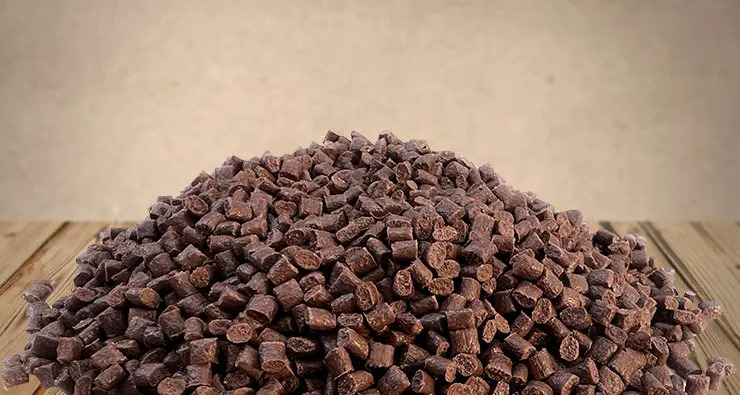In recent years, the environmental impact of traditional plastics has come under scrutiny, prompting a global shift towards more sustainable alternatives. As concerns about plastic pollution and its detrimental effects on ecosystems continue to grow, alternative plastic manufacturers have emerged as key players in offering sustainable solutions for a plastic-free future.
Understanding the Problem
Traditional plastics, derived mainly from fossil fuels, have long been a staple in various industries due to their versatility, durability, and affordability. However, their widespread use has led to a plethora of environmental issues, including ocean pollution, wildlife entanglement, and long-term ecological damage. With an estimated 8 million metric tons of plastic entering the oceans each year, urgent action is needed to address this crisis.
The Rise of Alternative Plastic Manufacturers
Enter alternative plastic manufacturers, innovators who are pioneering new materials and production methods to reduce the environmental footprint of plastic products. These companies are harnessing a variety of sustainable sources, including plant-based materials, biodegradable polymers, and recycled plastics, to create eco-friendly alternatives to traditional plastics.
Plant-Based Plastics
One of the most promising alternatives to traditional plastics is plant-based plastics, which are derived from renewable resources such as corn, sugarcane, and bamboo. These materials offer several advantages over their petroleum-based counterparts, including a reduced carbon footprint, biodegradability, and compatibility with existing manufacturing processes. Companies like Nature Works and Braskem are leading the way in the production of plant-based plastics, offering a range of bio-based polymers for various applications.
Biodegradable Polymers
Biodegradable polymers are another area of focus for alternative plastic manufacturers. These polymers are designed to break down naturally over time, reducing the accumulation of plastic waste in the environment. Materials such as polylactic acid (PLA) and polyhydroxyalkanoates (PHA) are gaining popularity as viable alternatives to traditional plastics in packaging, textiles, and consumer goods. Companies like Novamont and Danimer Scientific are at the forefront of biodegradable polymer research and development, creating innovative solutions to address plastic pollution.
Recycled Plastics
Recycling plays a crucial role in the transition to a circular economy, where materials are reused and repurposed to minimize waste. Alternative plastic manufacturers are leveraging recycled plastics as a sustainable raw material for new products, thereby reducing the demand for virgin plastics and diverting waste from landfills. Through advanced recycling technologies and closed-loop systems, companies like TerraCycle and Loop Industries are transforming plastic waste into valuable resources, creating a more sustainable future for plastic production.
Innovations and Technologies
In addition to sustainable materials, alternative plastic manufacturers are investing in innovative technologies to improve the environmental performance of their products. From advanced processing techniques to biocompatible additives, these companies are continuously pushing the boundaries of sustainable manufacturing. Cutting-edge developments such as 3D printing with recycled plastics, seaweed-based packaging, and microbial degradation solutions are revolutionizing the way we think about plastic production and consumption.
Partnering for Progress
Achieving a plastic-free future requires collaboration across industries, governments, and communities. Alternative plastic manufacturers are partnering with stakeholders at every level to drive innovation, raise awareness, and implement sustainable practices. By working together, we can create a more resilient and sustainable plastic ecosystem that prioritizes environmental stewardship and social responsibility.
Conclusion
The rise of alternative plastic manufacturers represents a pivotal moment in the quest for a plastic-free future. By embracing sustainable materials, leveraging innovative technologies, and fostering collaboration, these companies are leading the way towards a more environmentally conscious approach to plastic production and consumption. As we look to the future, let us continue to support and invest in alternative plastic manufacturers, ensuring a cleaner, greener planet for generations to come.





Comments